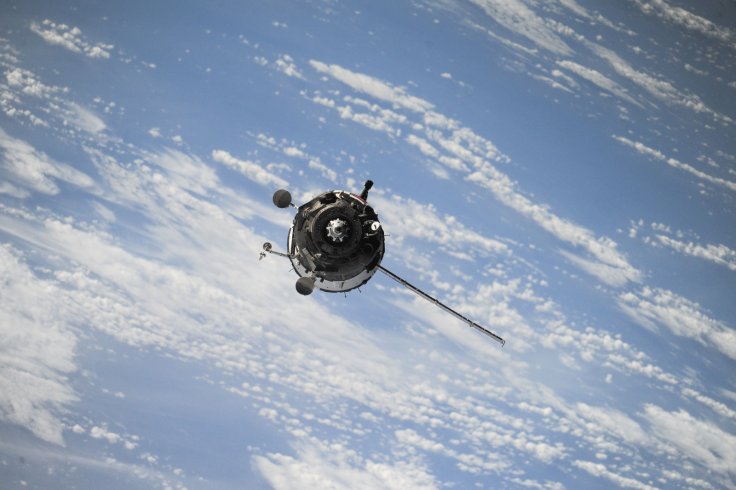According to an astronomer, a possible spy satellite deployed by Russia may have recently exploded and fragmented in space. The astronomer claimed that the satellite could be part of a Russian program that spies on satellites launched by other countries.
The satellite, identified as Kosmos 2491 was launched by Russia in 2013. Although not much is known about its actual mission and objectives, Kosmos 2491 has been classified as a military satellite.
Kosmos 2491 As A Spy Satellite

According to Jonathan McDowell, an astronomer from the Harvard Smithsonian Center for Astrophysics, Kosmos 2491 may have been launched as part of the Nivelir series, a clandestine Russian program that aims to covertly inspect other satellites currently in orbit, Space Daily reported.
McDowell noted that through this project, Russia could be trying to improve its anti-satellite warfare tactics through Kosmos 2491 and its other Nivelir satellites. The astronomer speculated that Russia might be using satellites of the Nivelir program, namely Kosmos 2491, Kosmos 2499, Kosmos 2504 and Kosmos 2519 to check on the activities of the satellites launched by other countries. This could include analyzing the data collected by the other satellites.
Kosmos 2491's Destruction

Recently, McDowell reported via Twitter that Kosmos 2491 may have broken apart in space based on the data collected by the US Air Force. According to the agency's Project Space Track, a total of 10 fragments have been detected in low Earth orbit. Based on the location of the fragments, it was presumed that they came from the Kosmos 2491 satellite.
Since the Russian government has not yet released an official statement to clarify the speculations surrounding Kosmos 2491, it is not yet clear what actually happened to the satellite. However, if it did break apart, McDowell noted that it may have been a deliberate explosion that destroyed the satellite. It is also possible that Kosmos 2491 collided with other space debris currently floating around in low-Earth orbit.
"The inference is that Kosmos-2491 may have disintegrated, either through deliberate destruction, accidental battery or prop event, or through an accidental debris collision," he stated. "I lean to accident since it is my guess the [satellite] has been dead for several years, but it's not certain."









